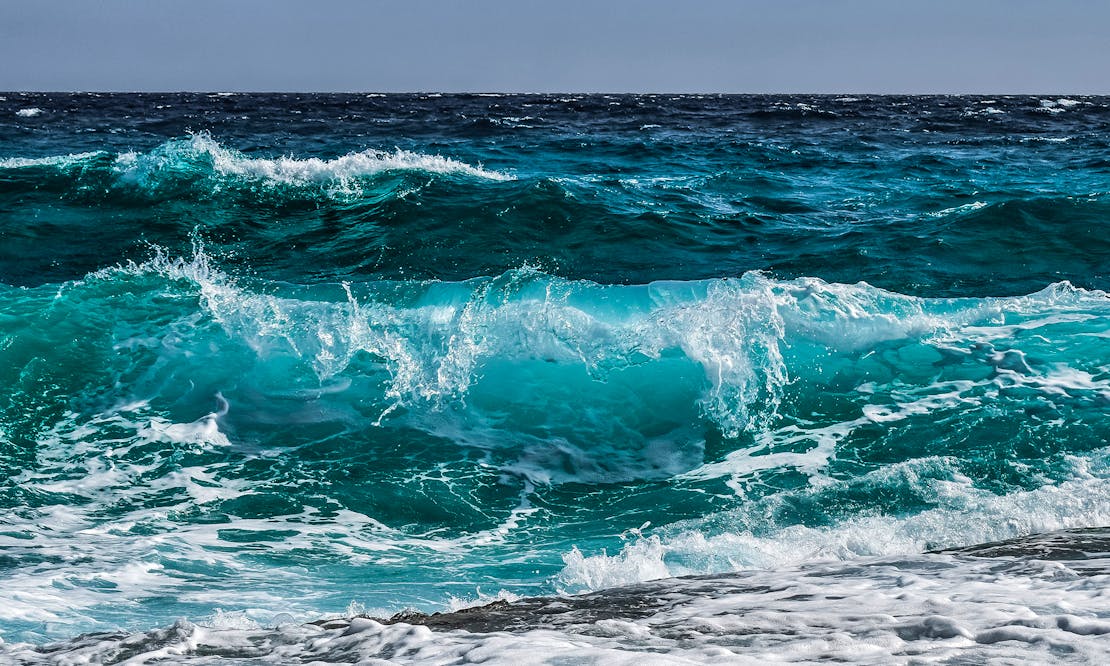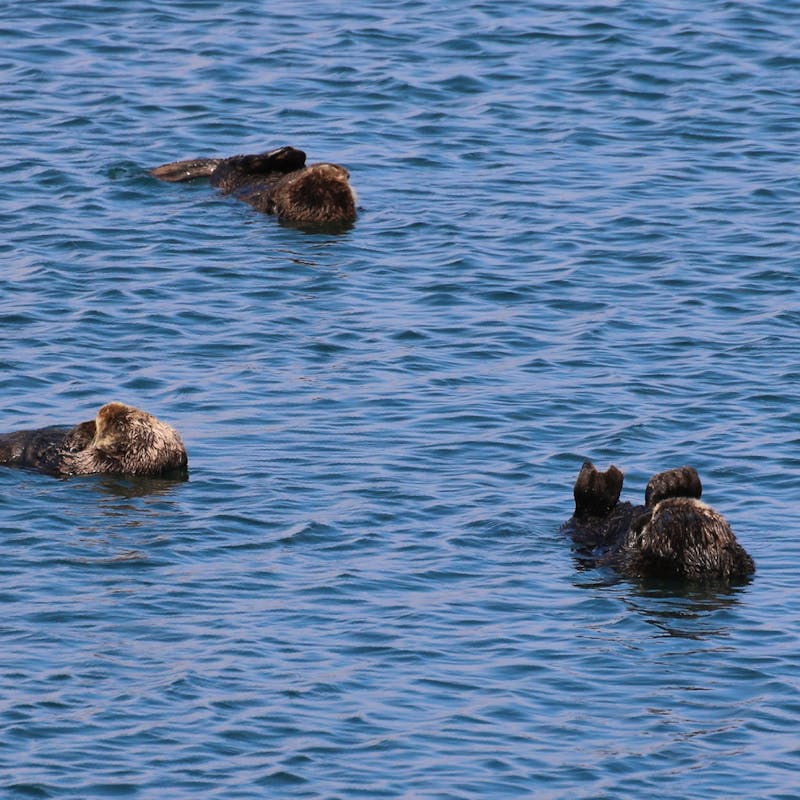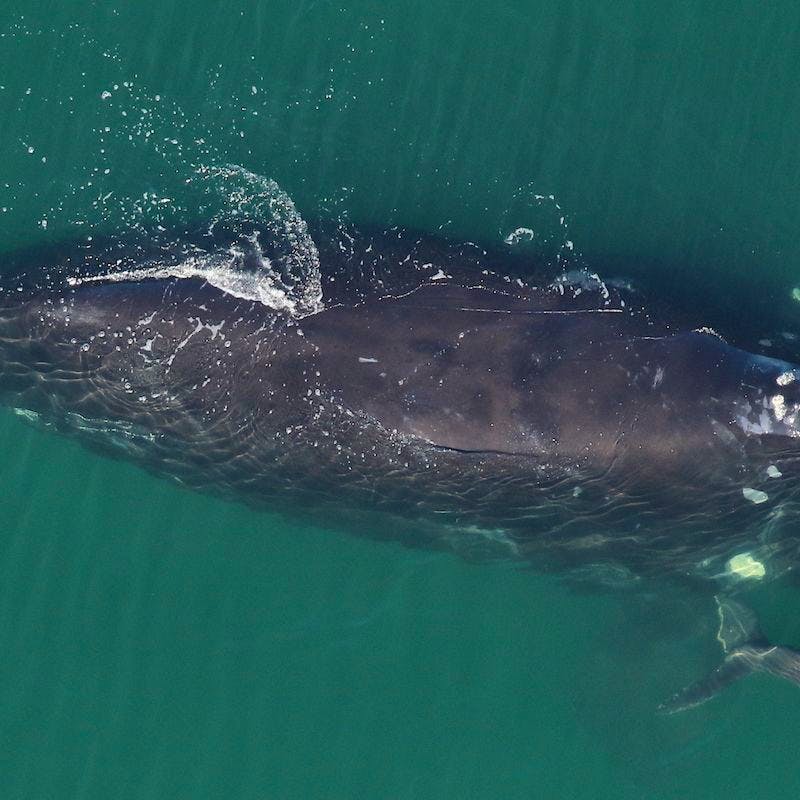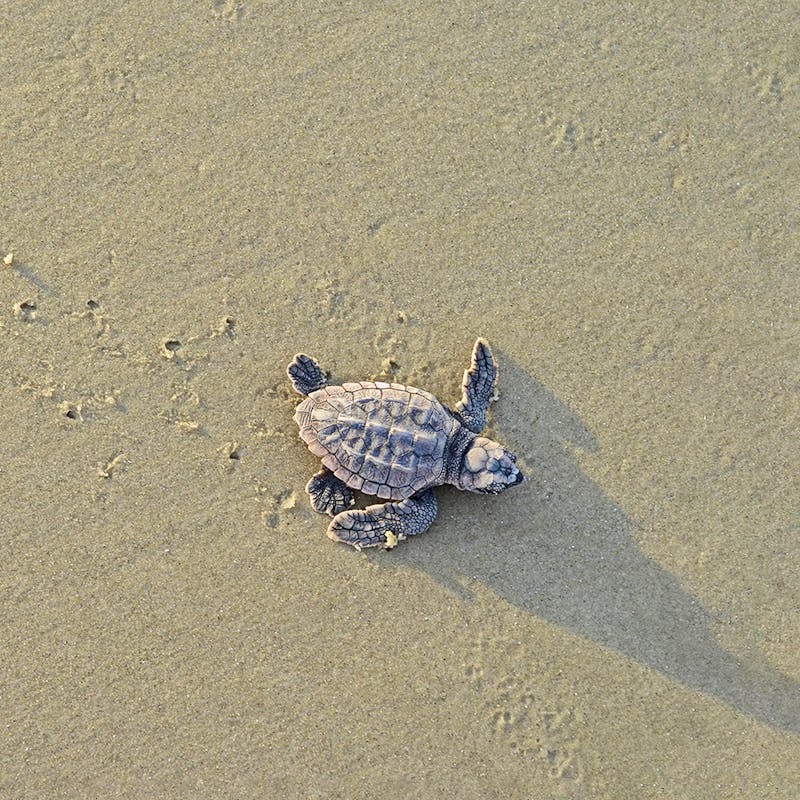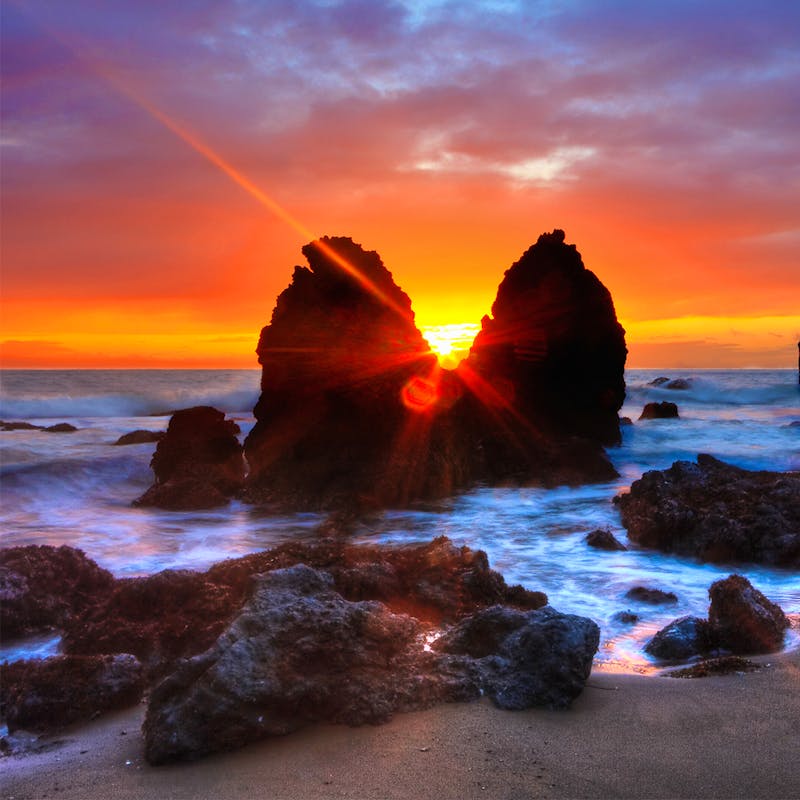Earth’s oceans, covering two-thirds of the planet, are so vast and so deep that it’s easy to take their importance for granted.
They provide us with oxygen and regulate our climate by removing carbon dioxide from the atmosphere — important functions for both humans and wildlife. Unfortunately, the world’s oceans — home to whales, sea otters, seals and sea lions, dolphins, manatees, seabirds, sea turtles, sharks, fish, corals, and countless other species of marine life — are in a sea of trouble. The oceans are overworked; they cannot remove carbon dioxide from the atmosphere quickly enough to keep up with how much we create, leading to ever-increasing ocean acidification.
The Arctic Sea is now warming at twice the rate than in past years, reducing sea ice — a growing threat to threatened marine mammals such as polar bears and ice seals. Over a third of the Great Barrier Reef is dead, harming commercial and recreational fish stocks and impoverishing Australia’s iconic biodiversity. We are killing off marine mammals, sharks and rays, and fish stocks faster than they can replenish themselves. The health of the Earth’s oceans are indicators of our planet’s overall health; when they’re in trouble, so are we. It’s important to keep our oceans healthy not just for marine life, but also for the future health of the entire planet.

Threats
Myriad threats face our oceans and marine wildlife. Climate change causes ocean acidification, warming temperatures, changing ocean currents, sea level rise, and stronger storms. A warming planet makes it more likely for temperature-dependent species like sea turtles and manatees to face cold stress or venture past their usual habitats. Increased shipping traffic and offshore seismic blasting and drilling also increase noise pollution, threatening marine mammals and species at every level of the food chain. Shark finning, bycatch, overfishing and fisheries entanglements endanger sharks and rays, marine mammals, sea turtles, sea birds, and many other species. Contamination from pollution and plastics and the toxic effects of red tide and other harmful algal blooms caused by fertilizer runoff sicken and kill vulnerable marine species. To top it off, habitat loss and the loss of protected areas reduce the spaces already-vulnerable marine species need to forage and reproduce.
Defenders is fighting for ocean habitats and ocean protection off all our national shores and around the globe. We defend marine national monuments and national marine sanctuaries from administrative attacks. We are opposing seismic blasting and offshore drilling in the courts and in Congress.
We are working to develop best management practices for responsible wildlife-friendly offshore wind siting, construction and development. We defend the Marine Mammal Protection Act from legislative and regulatory rollbacks and work to protect individual marine species through the MMPA and the Endangered Species Act. We worked to gain international protections for sharks and rays and have worked to translate those protections into protections at the domestic level through the ESA.
In Washington State, we are actively engaged in the governor’s Southern Resident Killer Whale Task Force, working to protect the dwindling southern resident orca population and restore the Salish Sea.
In 2017, Defenders joined forces with the National Marine Fisheries Service, state agencies, local and national organizations and hundreds of local residents to redirect community science efforts into a new program called ‘Belugas Count!’ to help monitor Cook Inlet beluga whales in Alaska.
We advocate for North Atlantic right whales and humpback whales as a conservation member of the Atlantic Large Whale Take Reduction Team, a stakeholder group under the Marine Mammal Protection Act that advises NMFS on how to implement fishery management measures to minimize or avoid the risk of deadly entanglements.
Your support ensures our expert team of scientists, lawyers, advocates and activists have the resources needed to demand action and protection for wildlife across the nation.
Donate Today!
Oceans Blog Posts
Read More About the Oceans


